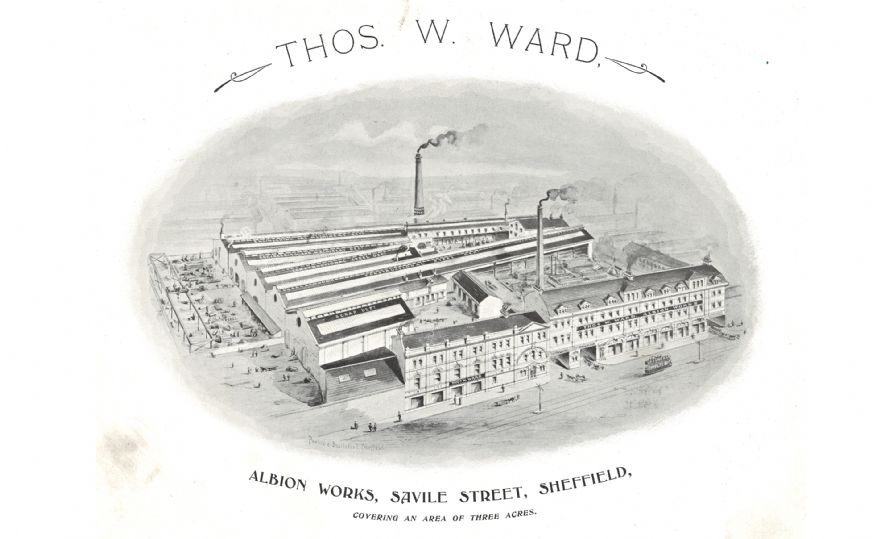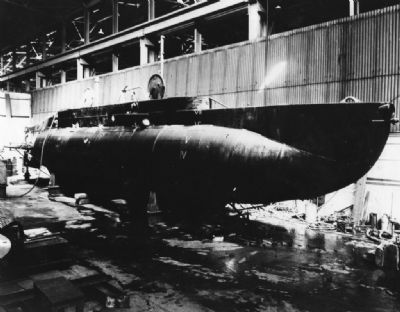
To mark VE Day earlier this month, the British public were encouraged to share their stories and memories of those who lived through the Second World War (WWII). Sheffield-based T W Ward CNC Machinery Ltd (Ward CNC —
www.wardcnc.com) is one company that has a rich wartime heritage and still remains at the same Albion Works site where it played a key role — although it has been updated considerably in the intervening years.
Known at the time as Theo W. Ward, the company’s expertise in machine tool reconditioning was vital to the British war effort, it took a leading role in the construction of roads, runways and railway sidings.
When the Government made the decision in 1941 to move Britain's aircraft manufacturing to ‘shadow factories’ or secret sites less vulnerable to enemy bombing, Ward was entrusted with the huge task of moving and re-installing the hundreds of machine tools and ancillary equipment used at the many plants. It was accomplished with a loss of less than 24hr of production time per machine and Lord Beaverbrook, Minister of Aircraft Production, described the effort as “the most gigantic of its kind in history”.

Ward also had a hand in other wartime projects including Mulberry Harbour (pictured), which consisted of “two prefabricated temporary ports, each the size of Gibraltar”. Each one, manufactured in sections, was towed to a destination off Omaha Beach and Gold Beach following D-Day. The purpose of the prefabricated harbour was to ease and speed up the unloading process so that Allied troops were adequately supplied as they advanced across France. Ward coordinated the supply and distribution of materials for this unique project.
Meanwhile Ward excavators were called upon for the construction of PLUTO, a 'pipe-line under the ocean' which was built to feed huge quantities of fuel across the English Channel to feed the Allies' advancing armies.

During the war years, Ward became the parent of a large group of companies, each of which made its own unique contribution to the war effort. This included: Midget submarines (pictured), tanks and naval guns, from Marshalls of Gainsborough; cranes, winches and excavators from Smiths of Rodley and Smiths of Keighley; specialised castings from Widnes Foundry; huge tonnages of cement from Ketton for airfields, roads, defence constructions, and the many war time civil engineering projects throughout the country.
Ward was also instrumental in rescuing the famous Triumph car manufacturing company from becoming insolvent. Triumph got into difficulties and Ward purchased the assets and goodwill in August 1939 and part of the factory was used during the war for making aircraft engines and components.

Meanwhile, there were many difficult and dangerous salvaging operations to carry out throughout the war, including the demolition of almost 100 vessels ranging from submarines to the 56,000-ton liner 'Majestic'. Such was the reputation of Ward in this area that when the 'Graf Spee' was scuttled in 1939 by her German crew outside Montevideo Harbour in Uruguay, the company's salvage experts were flown to the scene.
When hostilities ceased in 1945, Ward was again at the centre of the mammoth job of clearing up. Bomb-damaged sites were levelled, construction equipment and materials provided for their redevelopment. The many skills of Theo W. Ward were now focused on serving industry in an increasingly competitive post-war world. An acute awareness of the value of good publicity gave rise to the famous slogan “Ward’s Might Have It” (pictured) attracting both national and international recognition as a wide-ranging source of industrial goods.